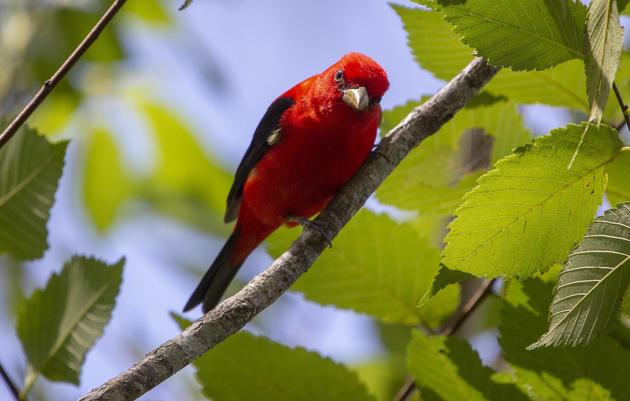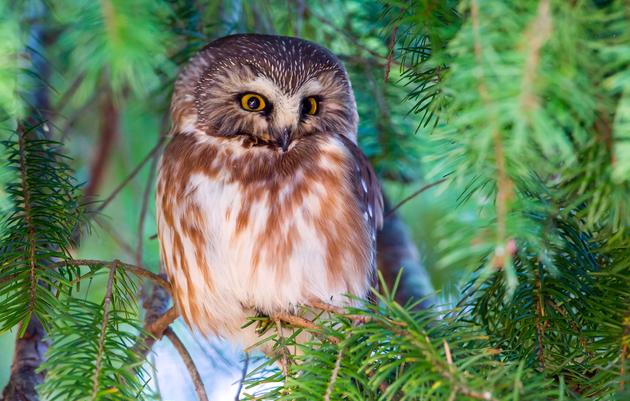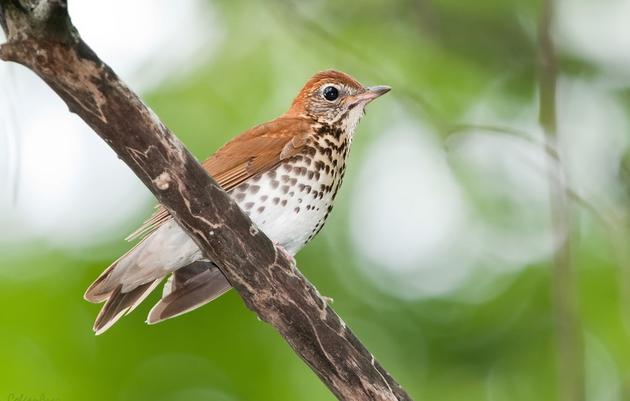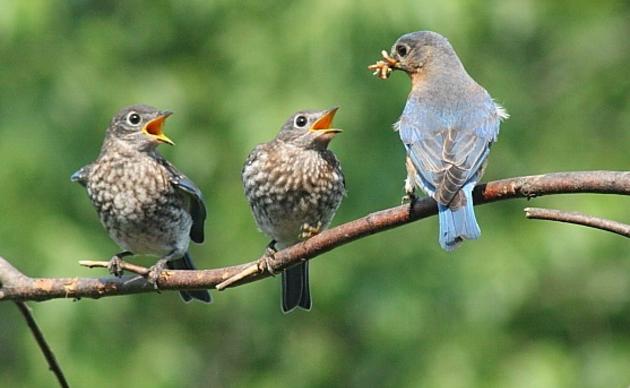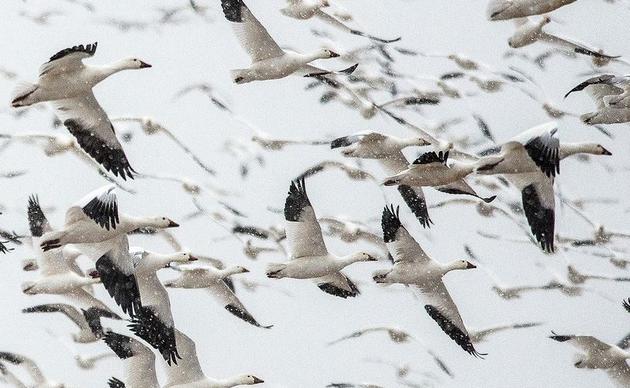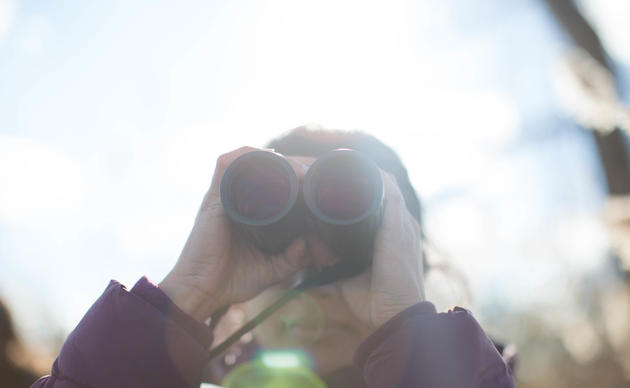In 2019, the state of New York produced about 820 thousand gallons of maple syrup, making it the second leading producer in the country behind Vermont—where over two million gallons of maple syrup were made.
"Here in New York we have a very active community of maple syrup producers exchanging ideas and lessons learned, leading family-owned and operated small businesses. It's not necessarily a full-time job for all of these folks, although they are fully invested in the work. They're seriously motivated go-getters who love what they do," explains Zack Boerman, Forest Program Associate for Audubon New York.
Alongside Suzanne Treyger, Forest Program Manager for Audubon New York, Boerman is helping launch the state's first Bird-Friendly Maple pilot program.
As part of its Healthy Forests initiative, Audubon New York is partnering with maple producers to return sugarbushes to a more natural state. (Sugarbush refers to a forest stand which is utilized for maple syrup; the tree canopy is dominated by sugar maple.) The shift will benefit nesting songbirds, including Scarlet Tanagers, Wood Thrushes, Black-throated Blue Warblers, and Veeries—and make the resulting product more appealing to bird-loving consumers.
Love what you're reading? Sign up for eNews updates from Audubon!
"This project is truly a collaborative effort," says Treyger. "We are integating bird conservation with New York’s maple syrup industry by promoting sugarbush management practices that support birds, forest health, and sustainable sap production. The birds and the sugarbush both benefit."
The project in New York is currently in its pilot phase, following a successful template established by Audubon Vermont.
"Our two pilot participants are Sunnyhill Farm in Arcade, NY and Mapleland Farms in Salem, NY. These two producers are pretty distinct, one with about 15 acres of productive sugarbush and the other with over 600. Yet they are both driven by the same goal to have a healthy, resilient sugarbush habitat that reduces the presence and impact of sugar maple insect and disease pests, and increases habitat quality for forest birds," describes Boerman.
"Many of these folks aren't producing year-round. If you have 100 acres of sugarbush that's in production during the winter, you want to support a healthy habitat for the rest of the year."
Aaron Wightman, Maple Specialist for the Cornell Maple Program adds, "This program empowers consumers to play a direct role in bird conservation. Every unit of maple syrup purchased displaces sweeteners produced from other sources that do not sustain bird habitat, such as intensively cultivated corn and cane sugar fields. Maple syrup is unique because it is produced from intact forest ecosystems.”
In order to participate in the pilot program and receive Bird-friendly Maple marketing and promotional materials, Sunny Hill Farm and Mapleland Farms are both following a set of guidelines to help ensure important bird habitat characteristics are integrated into sugarbush management.
The guidelines include:
- A forest habitat assessment conducted by Audubon New York staff. The assessment will capture current habitat conditions and provide habitat management recommendations for participating sugarbushes.
- To limit disturbance to nesting birds, harvests within participating sugarbushes must be conducted outside the nesting season (breeding season runs May – July).
- A range of tree sizes, from seedlings to trees > 30 inches diameter, should be provided for current and future tappable trees to promote long-term health and sustainability of the stand. This variety of size classes creates layers of vegetation (vertical structural diversity) within the sugarbush that provide places to nest, forage, seek cover, and raise young for a variety of forest birds.
"When we were at Mapleland Farms for the first time to meet the owners and walk the property, they were meeting with other producers and exchanging barrels of syrup, and they told us that was just an average day! Everyone is so invested in making high quality syrup, and it's really for local people to enjoy. They have a sugar house open for pancake weekends during the sugaring season," describes Boerman. "These are people who care so much, and that makes them ideal partners to help protect birds and the places they need."
Thank you to our partners: the Cornell Maple Program and the NYS Maple Producers Association.





